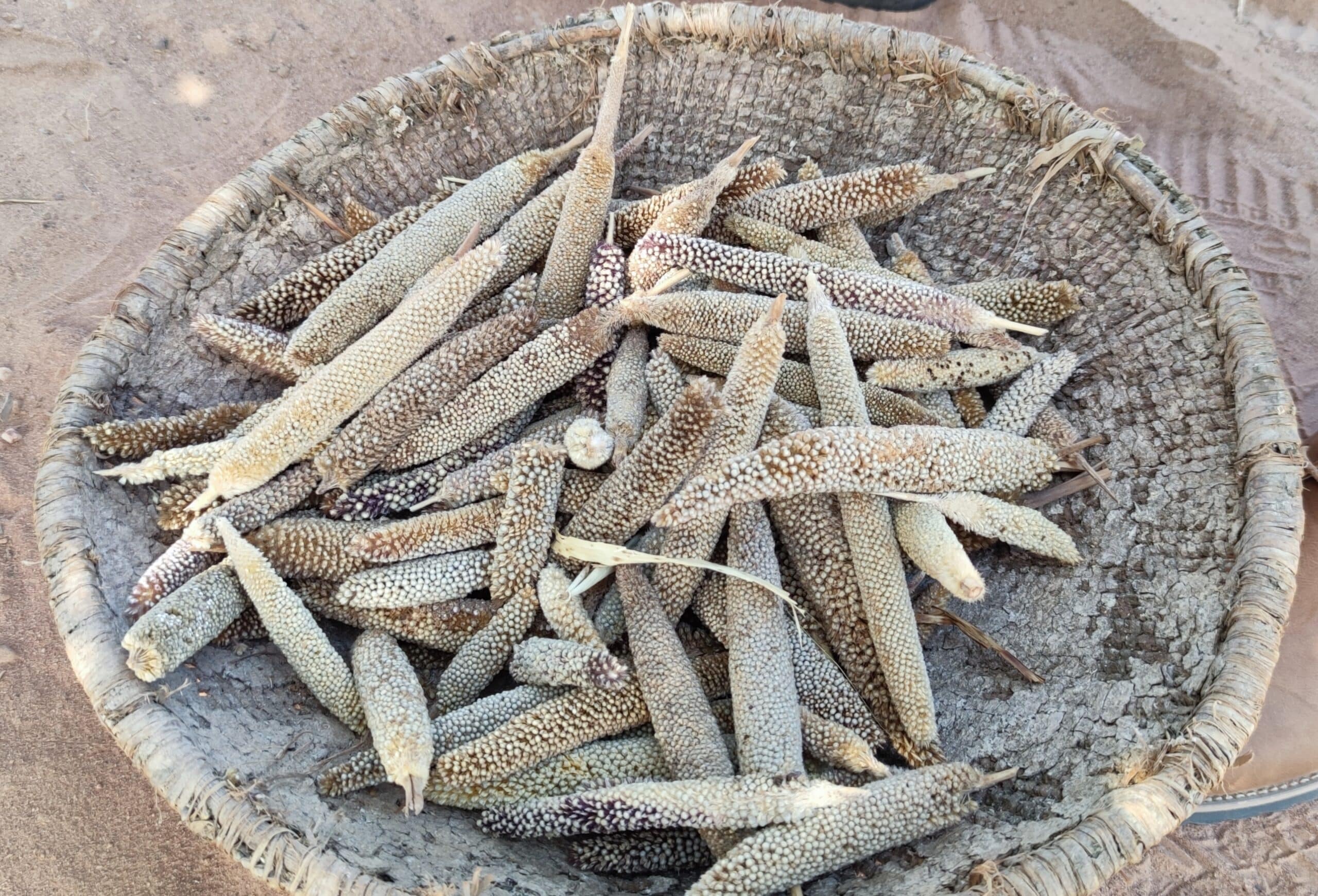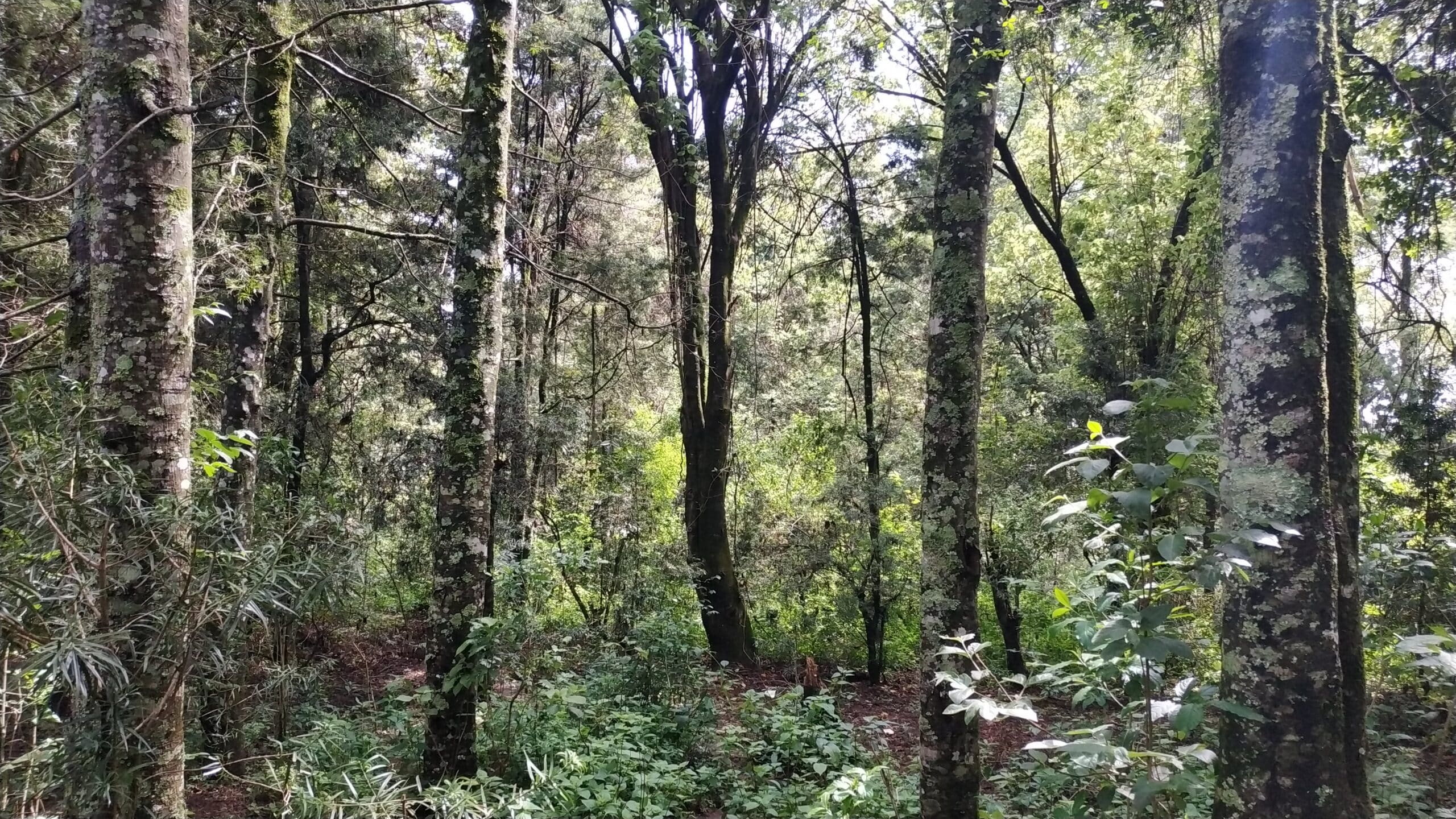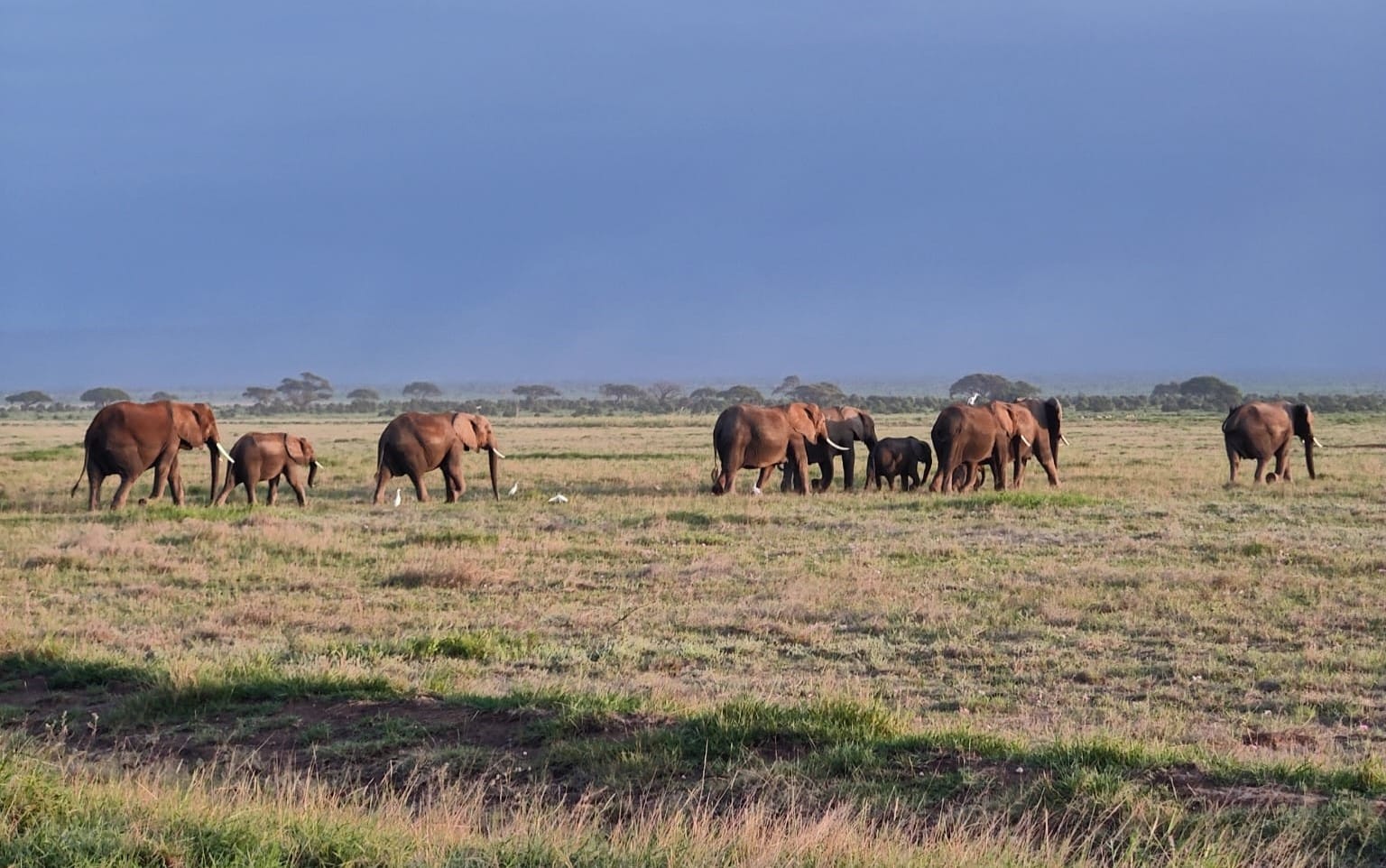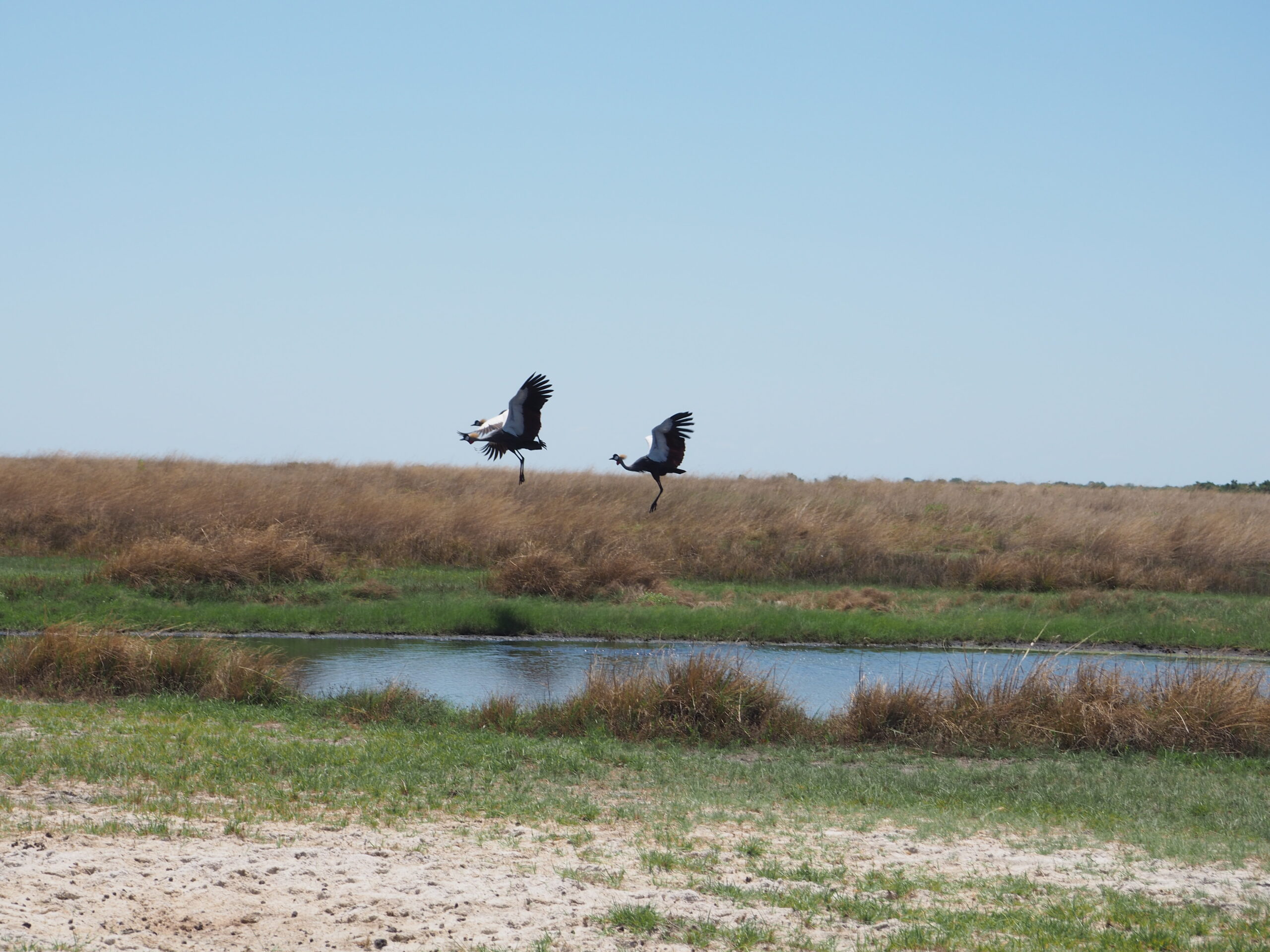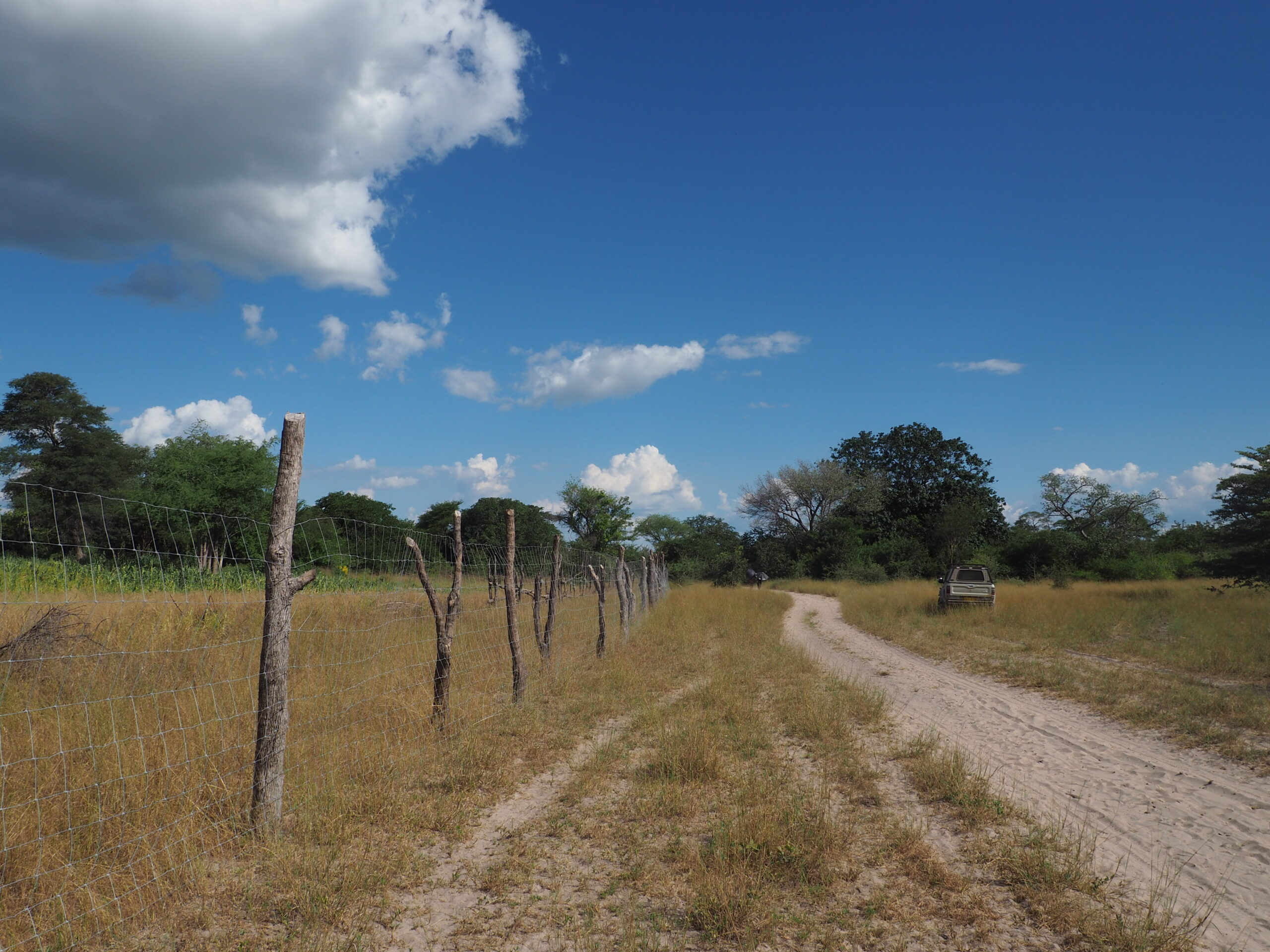Image: Pearl Millet “Closing its Eyes” in Nkandebwe village, Simangani Ward, Zimbabwe. Copyright: Manuel Bollmann
The article “One Livelihood Risk Factor Too Many? How Unintended Impacts of Conservation Contribute to Food Insecurity in Kavango Zambezi, Southern Africa” by Manuel Bollmann was just published in the Journal of Southern African Studies.
Kavango Zambezi (KAZA) is the world’s largest terrestrial Transfrontier Conservation Area (TFCA), covering vast regions of Angola, Botswana, Namibia, Zambia and Zimbabwe. Elephants and other species traverse KAZA across national borders through both protected and inhabited landscapes along wildlife migration corridors. Zimbabwe’s Simangani ward is located within such a corridor. As in most rural areas of KAZA, subsistence farming constitutes the predominant livelihood strategy in Simangani. Research across KAZA has mostly focused either on climate- or wildlife-induced impacts on farming communities. This paper combines findings from in-depth, qualitative fieldwork with quantitative livelihood survey data and provides a detailed assessment from a farming-household perspective of on-farm and off-farm income sources, which are mobilised in order to mitigate grain harvest shortfalls resulting from climatic fluctuations and wildlife depredation. This study concludes that drought and other stressors have a considerably higher impact on food insecurity than unintended conservation impacts. However, it also confirms that the impacts of crop raiding and livestock depredation caused by wildlife do indeed trigger additional food security risk factors for farming households whose livelihoods are already under pressure.

